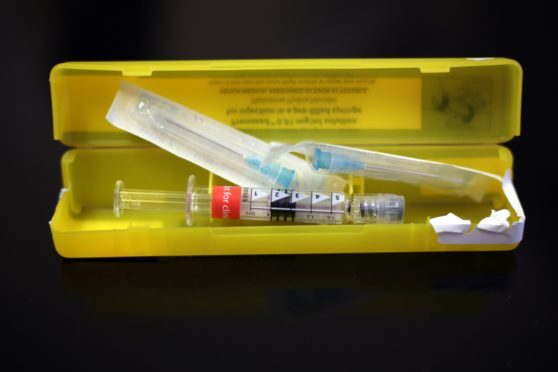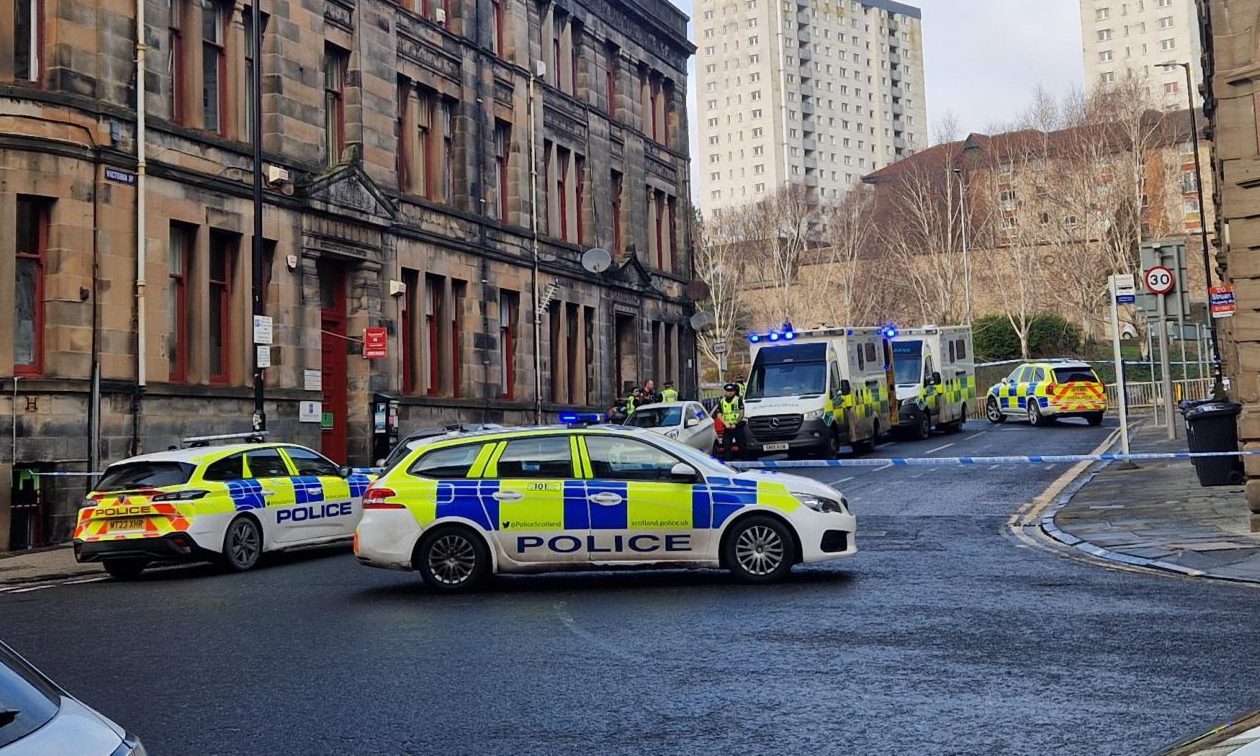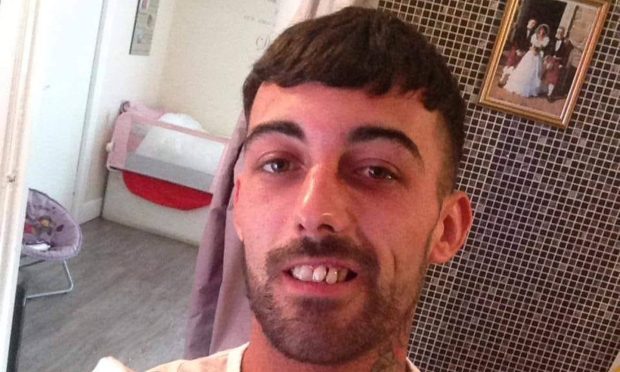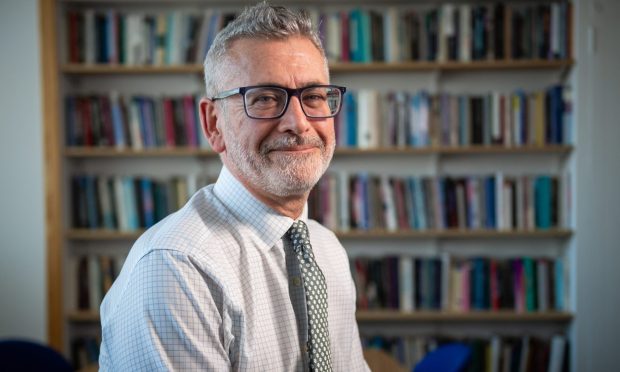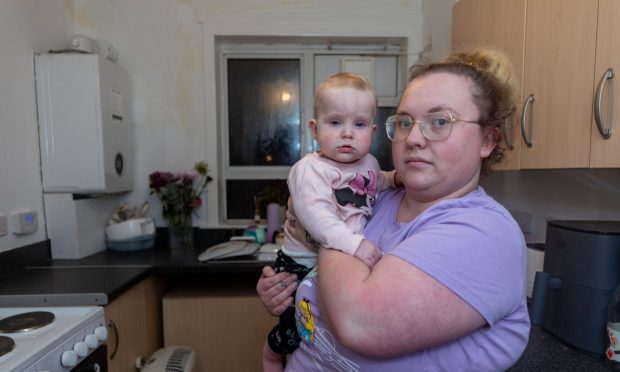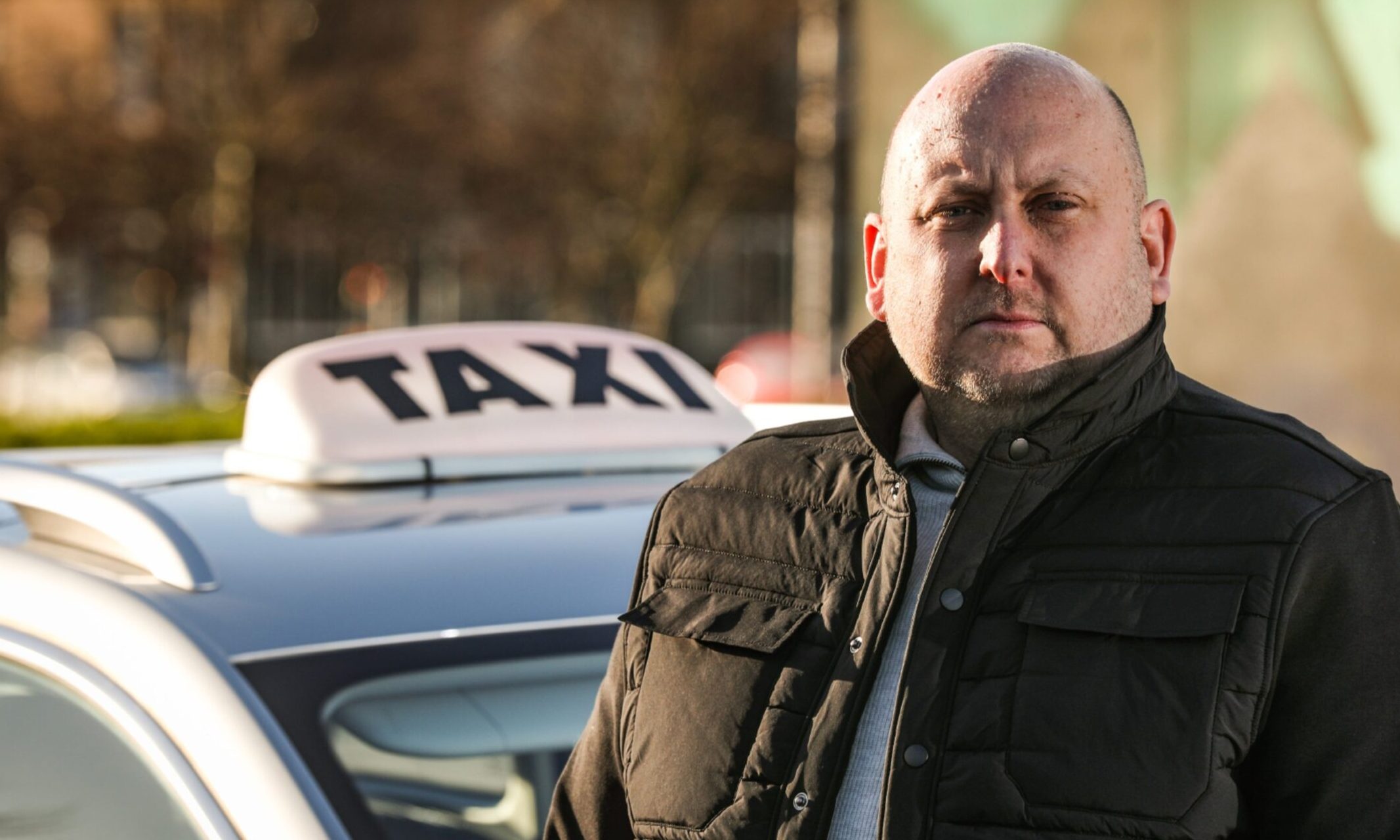Everything about the idea of training 12-year-olds to administer the anti-overdose drug Naloxone is offensive.
That any child so young should live in such chaotic circumstances where they may witness the — potentially fatal — overdose of a parent is sickening.
That a child could be forced into a situation where their actions could determine the survival of their mother or father is abhorrent.
And yet it should not – and cannot – be dismissed out of hand.
The Dundee Drug Commission was set up to find new ways of tackling the scourge of heroin addiction that is claiming lives in the city at an unprecedented rate.
That we are now at the stage where the children of addicts may be needed to save their lives tells us exactly how bad things things can get and in many places, already are.
The Dundee Drug Commission was set up to consider proposals that may seem radical and however unpalatable ideas like training children to deliver Naloxone may be, they are far better than the alternative — carrying on as we are.
The NHS, local government and charities are working hard to ameliorate the problem of drug abuse but, fundamentally, the UK’s approach to it is fundamentally flawed.
The war on drugs hasn’t just failed, it fails on a daily basis. It fails those who succumb to addiction, it fails the communities blighted by the crime that comes with drugs and it fails the children who one day, might just have to save their overdosing parent’s life.
Last week the former Labour Lord Chancellor Charles Falconer called for a rethink on international drugs policy, admitting that prohibition has done nothing to lessen the harm caused by drugs. Indeed, prohibition, as it did with alcohol in the US, has allowed crime to flourish.
Sadly, his Damascene conversion, like former Scottish Government justice secretary Kenny MacAskill’s before him, occurred when he was out of office.
What we need are politicians brave enough to listen to the experts and take the tough decisions — however unpopular they may be in some quarters — when they have the power to make real change.
Otherwise, the efforts of the Dundee Drug Commission and organisations like it will be for nothing,
